To pursue M.Com. E-Commerce in India, candidates need to meet specific eligibility criteria and be aware of the associated fees structure. To provide a rough estimate, the annual tuition fees for M.Com. E-Commerce programs in India can range from INR 10,000 to INR 2,00,000 or more
Eligibility & Fees Structure: M.Com. in E-Commerce
Master of Commerce (M.Com.) in E-Commerce is a specialized postgraduate program that combines principles of commerce with the intricacies of electronic commerce. In India, this program has gained significant popularity due to the growing importance of e-commerce in the business landscape. Government institutions are generally on the lower end of this range, while private universities may fall on the higher end.In this comprehensive, we will delve into the eligibility requirements and fees structure for M.Com. E-Commerce programs in India.
Eligibility Criteria: Eligibility criteria for M.Com. E-Commerce programs in India can vary slightly from one university to another. However, there are common prerequisites that applicants typically need to fulfill. It's essential to check the specific requirements of the university or institution to which you are applying, as there may be variations.
Educational Qualifications: Candidates should hold a Bachelor's degree in Commerce (B.Com.) or an equivalent qualification from a recognized university. Some institutions may also consider applicants with a Bachelor's degree in related fields such as Business Administration or Economics.
Minimum Percentage: Many universities require candidates to have a minimum percentage in their undergraduate degree, usually around 50% to 55%. However, this percentage requirement can vary, so it's crucial to check the specific institution's guidelines.
Entrance Examinations: Some universities conduct entrance examinations for admission to M.Com. E-Commerce programs. Applicants may need to qualify in these exams to be considered for admission. Common entrance exams include the NET (National Eligibility Test) or state-level entrance tests.
Reservation Criteria: Indian institutions often have reservation criteria for candidates belonging to specific categories, such as SC/ST/OBC or differently-abled individuals. The percentage of seats reserved for each category can vary by institution and state regulations.
English Language Proficiency: Proficiency in English may be required, and some institutions may ask for English language test scores, such as IELTS or TOEFL, for candidates who did not complete their undergraduate studies in English.
Other Requirements: Institutions may have additional requirements, such as a Statement of Purpose (SOP), letters of recommendation (LORs), or personal interviews, to assess the applicant's suitability for the program.
Fees Structure: The fees structure for M.Com. E-Commerce programs in India varies significantly depending on the institution, its reputation, location, and whether it is a government-funded or private university. To provide a rough estimate, the annual tuition fees for M.Com. E-Commerce programs in India can range from INR 10,000 to INR 2,00,000 or more, depending on the factors mentioned above. Government institutions are generally on the lower end of this range, while private universities may fall on the higher end. Below, we provide an overview of the factors influencing the fees structure and an approximate range of fees:
Government vs. Private Institutions: Government-funded institutions generally offer lower tuition fees compared to private universities. Government institutions are subsidized by the state or central government, making education more affordable for students.
Location of the University: Universities located in metropolitan cities or major urban areas may have higher tuition fees compared to institutions in smaller towns or rural areas.
Course Duration: The duration of the M.Com. E-Commerce program typically ranges from two to two-and-a-half years. Longer programs may have higher overall fees.
Infrastructure and Facilities: Universities with modern infrastructure and advanced e-commerce labs may charge higher tuition fees to cover the cost of maintaining and upgrading these facilities.
Scholarships and Financial Aid: Some institutions offer scholarships and financial aid to eligible students, which can significantly reduce the overall cost of the program. Scholarships may be based on academic performance, financial need, or other criteria.
Additional Costs: Apart from tuition fees, students should consider other expenses, such as registration fees, examination fees, library fees, and miscellaneous charges, which can add to the total cost of education.
Hostel and Accommodation Costs: For students who require accommodation on campus, hostel fees or rental expenses should be factored into the overall cost. Hostel fees can vary based on the type of accommodation and location.
 2 Years
2 Years
 Post Graduate
Post Graduate
 Commerce
Commerce
 Full Time
Full Time
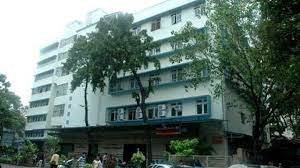
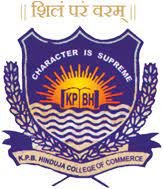

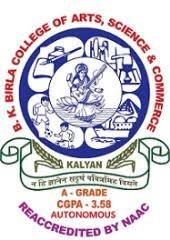
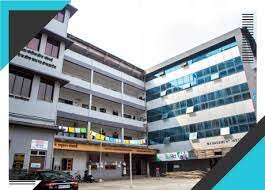
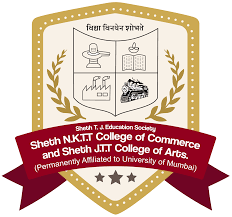
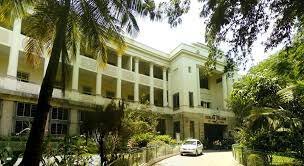
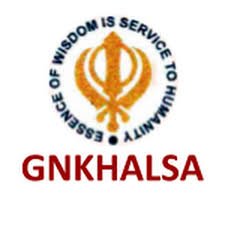
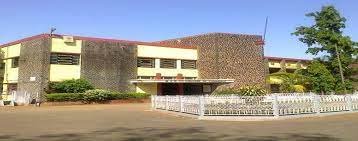
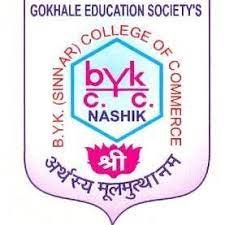
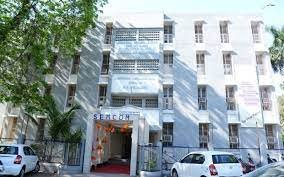
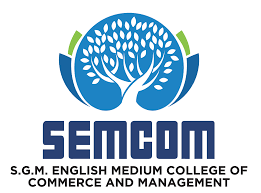
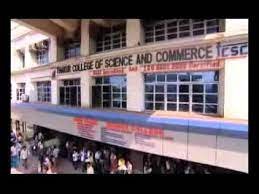
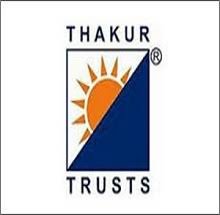
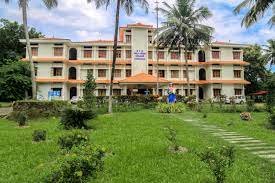


 back
back